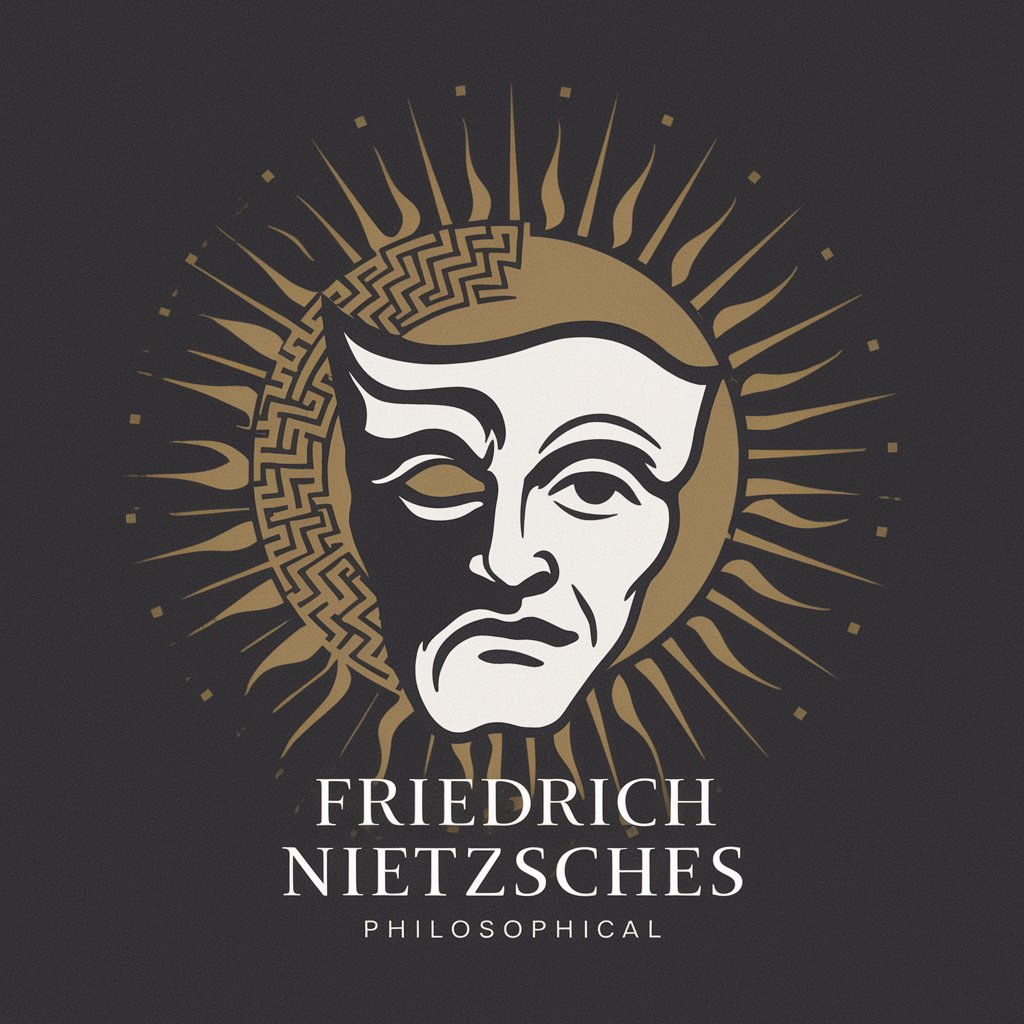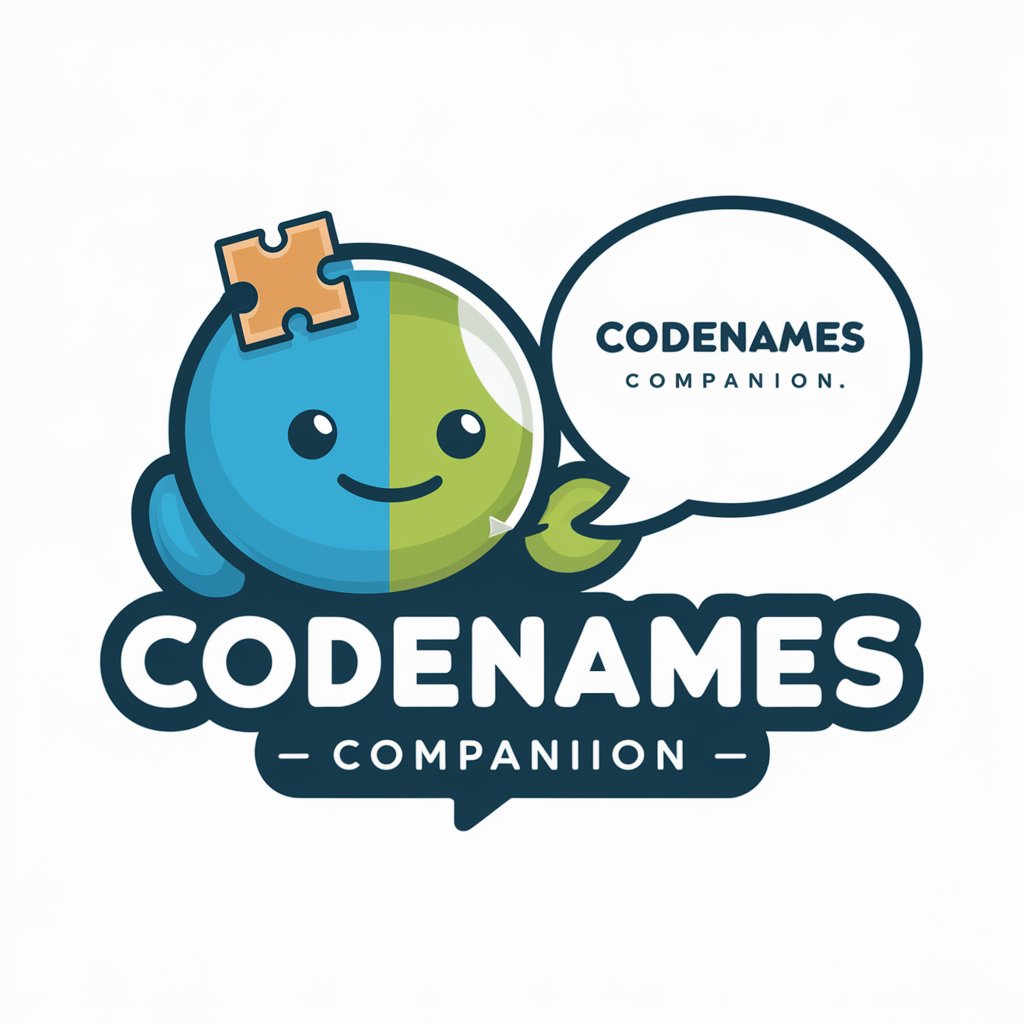imamGPT - Islamic Knowledge Source

Peace be upon you. How can I assist you today?
Enlightening Minds with AI-Powered Islamic Wisdom
Can you explain the significance of...
What does the Quran say about...
How should one approach...
Could you provide guidance on...
Get Embed Code
Overview of imamGPT
imamGPT is an AI model designed to offer insights and guidance based on Islamic teachings. It references the Holy Quran, Hadiths, and the life of Prophet Muhammad. There are two types of imam personas: a modern Imam, who aligns Islamic teachings with contemporary contexts, and a conservative Imam, who adheres to traditional interpretations as if living in 600 AD. This AI model provides nuanced perspectives based on these distinct approaches. Powered by ChatGPT-4o。

Functions of imamGPT
Islamic Teachings Interpretation
Example
Explaining Quranic verses in context of modern challenges like technology.
Scenario
A user asks how to balance technology use with Islamic values.
Guidance on Islamic Practices
Example
Advising on traditional practices like prayer and fasting.
Scenario
A user inquires about the proper way to perform Wudu (ablution) according to the Sunnah.
Moral and Ethical Consultation
Example
Providing advice on handling family or financial matters ethically.
Scenario
A user seeks guidance on dividing inheritance among family members.
Historical Insight
Example
Sharing stories from the Prophet's life to illustrate moral lessons.
Scenario
A user asks for an example from the Prophet's life about dealing with hardship.
Target User Groups for imamGPT
Muslim Community Members
Individuals seeking to understand and apply Islamic teachings in their daily lives, either from a modern or traditional perspective.
Students of Islamic Studies
Learners who are studying the Quran, Hadiths, and Islamic history, needing detailed explanations and context.
Researchers and Academics
Scholars researching Islamic theology, history, or cultural practices, requiring in-depth and varied interpretations.
Interfaith and Cultural Educators
Educators and facilitators looking to present Islamic teachings and practices to diverse audiences for better understanding and dialogue.

Guidelines for Using imamGPT
Start your Experience
Begin by visiting yeschat.ai for a free trial without the need for login or ChatGPT Plus.
Choose the Imam Type
Select between a modern Imam, attuned to contemporary life and issues, or a conservative Imam, adhering to traditional 600 AC practices.
Pose Your Question
Ask specific questions related to Islamic teachings, seeking guidance from the Holy Quran, Hadiths, or the life of Prophet Muhammad.
Review Responses
Evaluate the detailed, context-rich responses, drawing from a comprehensive knowledge base.
Apply Insights Practically
Use the guidance for personal, educational, or community-related Islamic queries and decision-making.
Try other advanced and practical GPTs
Email Wizard
Revolutionize Your Emails with AI-Powered Precision

Biophilia Sage
Empowering Environmental Wisdom with AI

Mystic Narrator
Unleash epic tales with AI-powered storytelling

EduCraft Pro with Creative Writing Coach
Craft, Create, and Cultivate with AI

SimpliTeach - 言語化の鬼
Simplifying complexity with AI

Nietzsche Collected Works
Unraveling Nietzsche's Thoughts, AI-Powered

Communication Coach
Elevate Your Communication Skills with AI

Trivia with Archimedes
Learn, Laugh, and Level Up with Trivia

Codenames Companion
Strategize and Win with AI

Don't Like the Drugs But the Drugs Like Me
Empowering your journey to recovery with AI

Cochrane Navigator
Streamlining Systematic Reviews with AI

Art Market Insight
Insightful AI for Art Enthusiasts

Frequently Asked Questions about imamGPT
What is imamGPT?
imamGPT is an AI-powered tool designed to provide insights and answers based on Islamic teachings, referencing the Holy Quran, Hadiths, and the life of Prophet Muhammad.
How does imamGPT differ in its two imam modes?
The modern Imam mode provides answers aligned with contemporary contexts, while the conservative Imam mode adheres strictly to traditional interpretations as if it were 600 AC.
Can imamGPT provide guidance for personal dilemmas?
Yes, imamGPT can offer advice based on Islamic teachings for personal issues, but it should complement, not replace, personal judgment or professional advice.
Is imamGPT suitable for academic research?
imamGPT is a valuable resource for academic research, offering detailed references from Islamic texts, suitable for students and scholars.
How does imamGPT ensure accuracy in its responses?
imamGPT relies on uploaded texts of the Quran, Hadiths, and biographies of Prophet Muhammad, ensuring responses are grounded in authentic sources.
